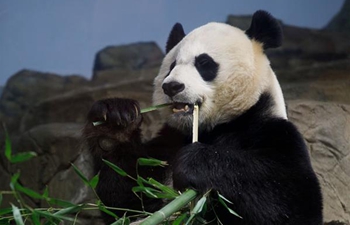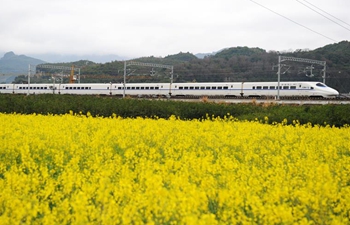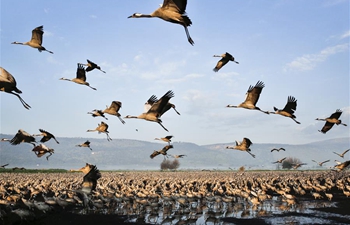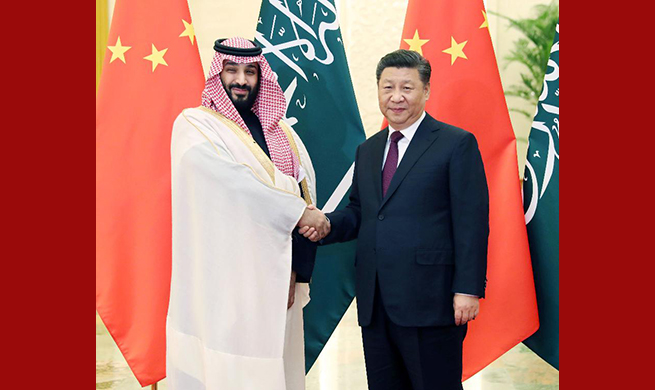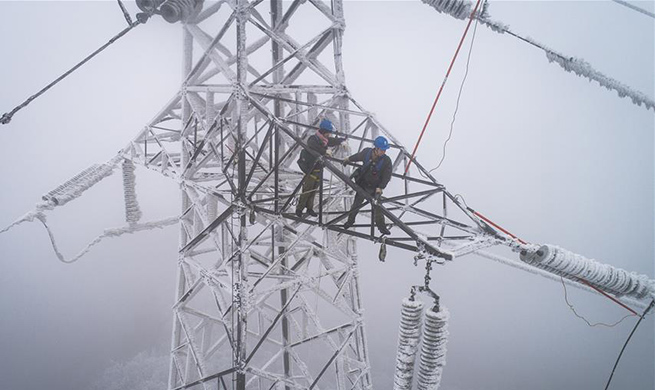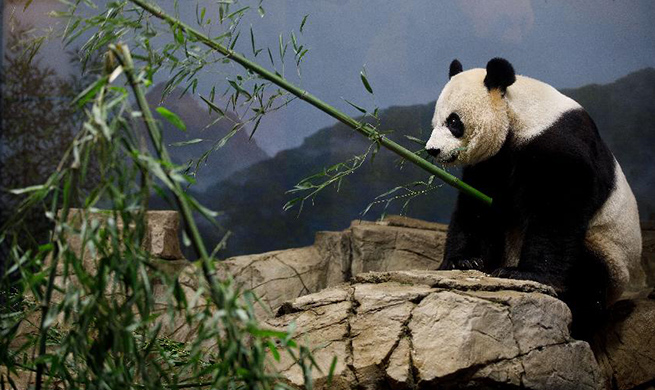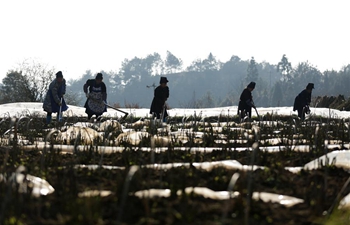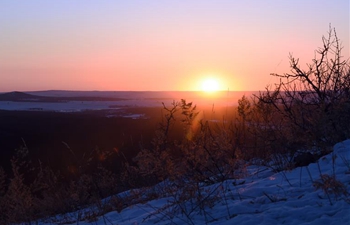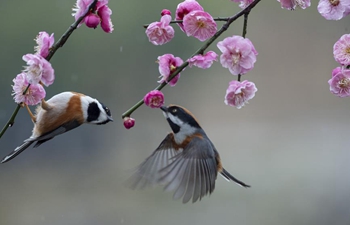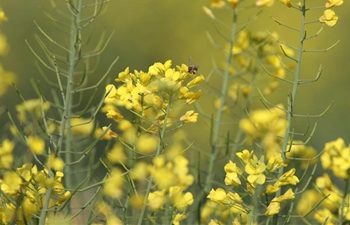GABORONE, Feb. 24 (Xinhua) -- Botswana's environmental experts said here Saturday at a mini-conference on elephant protection that the reintroduction of trophy hunting will kill its tourism sector, from which Botswana has been profiting.
In 2014, Botswana's former President Seretse Khama Ian Khama instituted a ban on wildlife hunting to deal with poaching. Four years later in mid 2018, Botswana's President Mokgweetsi Masisi set up a cabinet sub-committee on the hunting ban to discuss the embargo.
According to the constitution of Botswana, a president serves for two five-year terms and hands over the power to his or her deputy one year before the end of duty. Masisi assumed the country's leadership just over 18 months before the country's national elections scheduled for October 2019.
Facing the October election, Masisi has to weigh the pros and cons between lifting the hunting ban to win votes and the impact it may have on Botswana's international reputation.
Last week, Masisi received a hunting report from the hunting ban sub-committee, which recommended lifting the hunting ban, developing a legal framework for the hunting industry, managing the elephant population within historic range, and placing human-wildlife fences in hotspot areas.
"Trophy hunting will obviously put a dent on Botswana's potential to grow the tourist arrivals," said Morris Moalosi, an independent environmentalist, adding that many tourists have been attracted by "our flora and fauna especially in the northwestern part of the country."
"There will be an open outcry around the world. As soon as Botswana stopped issuing hunting licenses, it became the most popular tourist destination in Africa. My worry is that the reintroduction of hunting licenses will knock down the big picture," said Colin Bell, a photographic safari operator.
Tourism is Botswana's second largest source of foreign income after diamond mining. It has 130,000 elephants, the largest elephant population in Africa, many of which are shared with Zimbabwe, Namibia, Angola and Zambia.

